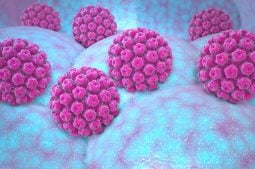
Human papillomavirus (HPV) affects both women and men, with different implications for their fertility, especially when co-infected with chlamydia In women, HPV can cause lesions such as scarring, adhesions, or blockages in the fallopian tubes, while in men, it can impact sperm quality, motility, or even lead to DNA fragmentation There is also an increased… View Article

Four years after cancer treatment, most patients recover sperm concentration and motility, but little was known about how the treatment affects the epigenetics of human sperm, the mechanism that modifies genes and has the ability to activate or silence their expression This study, the largest conducted to date, suggests changes occurred in the sperm methylome… View Article

There is controversy regarding the role of ejaculatory abstinence in sperm quality and its fertilizing ability, or embryo quality. Recent studies have highlighted the positive effects of short abstinence periods to prevent loss of motility and increased DNA fragmentation in sperm In this context, a recent study suggested that prolonged abstinence could reduce the fertilization… View Article
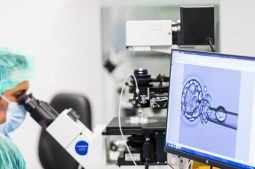
Approximately 60% of embryos expand after thawing. Those that exhibit this expansion within the first few minutes are generally associated with better outcomes once transferred to the uterus, compared to those that expand later. This pioneering study, which includes 800 embryos and utilizes artificial intelligence, provides novel and relevant information for creating a reliable program… View Article
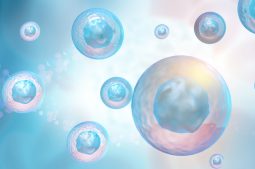
Insulin resistance may be related to recurrent miscarriages, a condition affecting approximately 2-5% of women of reproductive age Another study evaluates the presence of a family of proteins that protect telomeres, preventing their shortening and, consequently, premature aging. These findings could help define treatments to prevent or even reverse ovarian aging VANCOUVER, MARCH 15, 2024… View Article

Studies show shear wave elastography as potential tool for predicting implantation outcomes, determine risk factors for pregnancy loss, and reveal the rarity of recurrent implantation failure and consecutive pregnancy loss BASKING RIDGE, NJ, October 19, 2023 IVIRMA Global, the largest reproductive medicine group in the world, has a long history of pioneering research in the… View Article
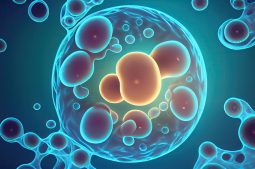
The research presented by IVI demonstrates how a new method can distinguish endometria with a 95% accuracy rate between good and poor prognosis by combining transcriptomics with artificial intelligence algorithms. Additionally, it can show a three times higher relative risk in patients with a poor prognosis for experiencing endometrial failure. The preventive detection of these… View Article
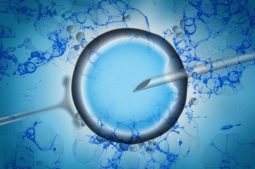
A new Frozen Embryo Transfer protocol (FET) allows for more flexible transfer scheduling – nearly 7 days – without affecting the outcomes of reproductive processes COPENHAGEN, JUNE 28th, 2023 The current practice in assisted reproduction centers is changing, transitioning from replaced or artificial cycles to natural cycles for frozen embryo transfers. This shift has raised… View Article
